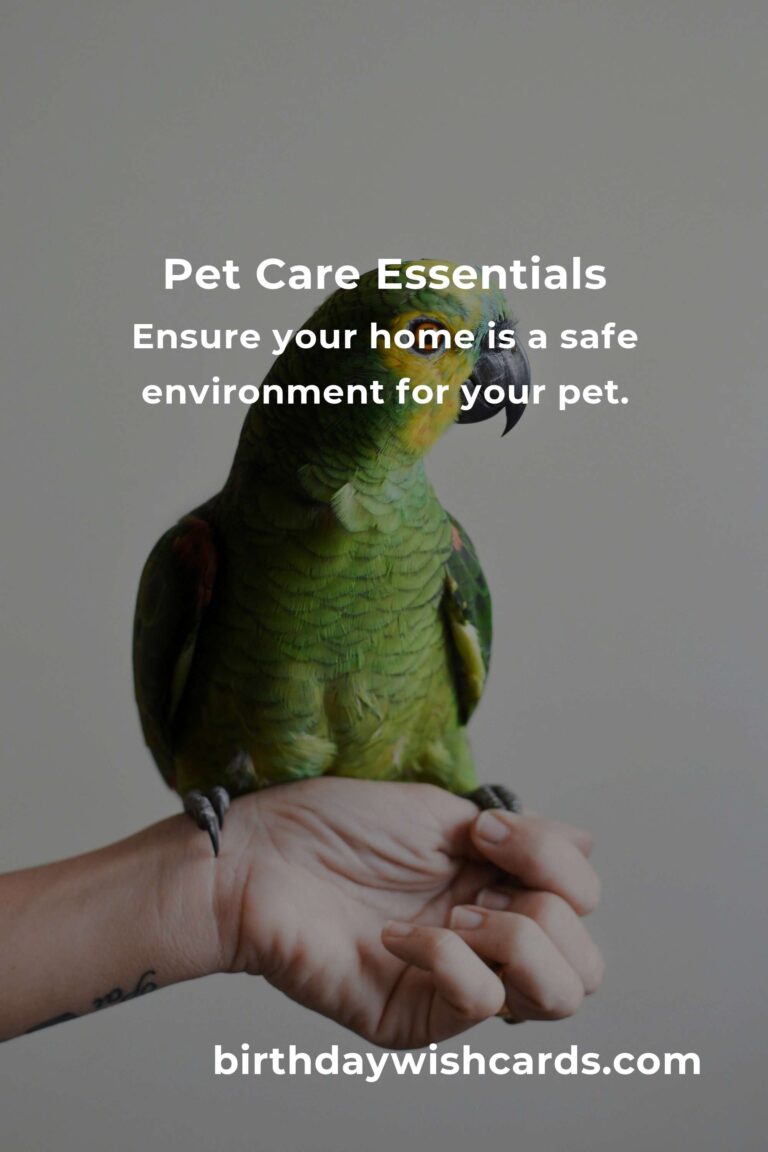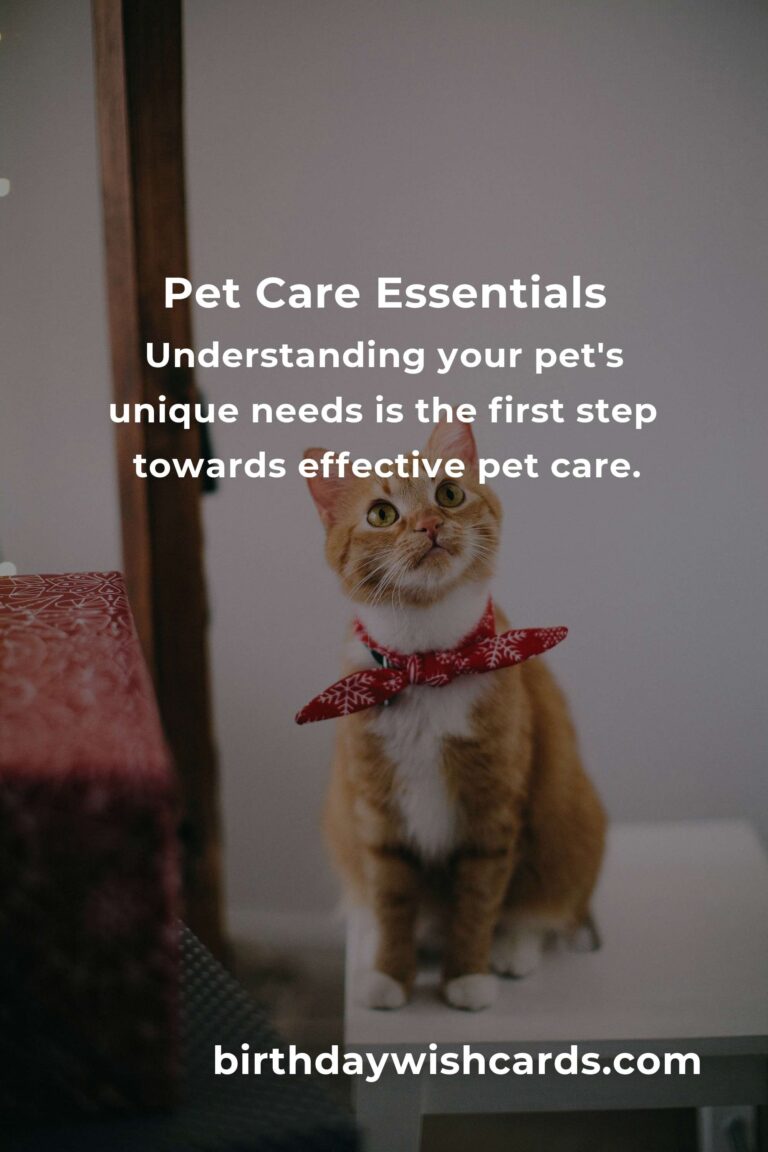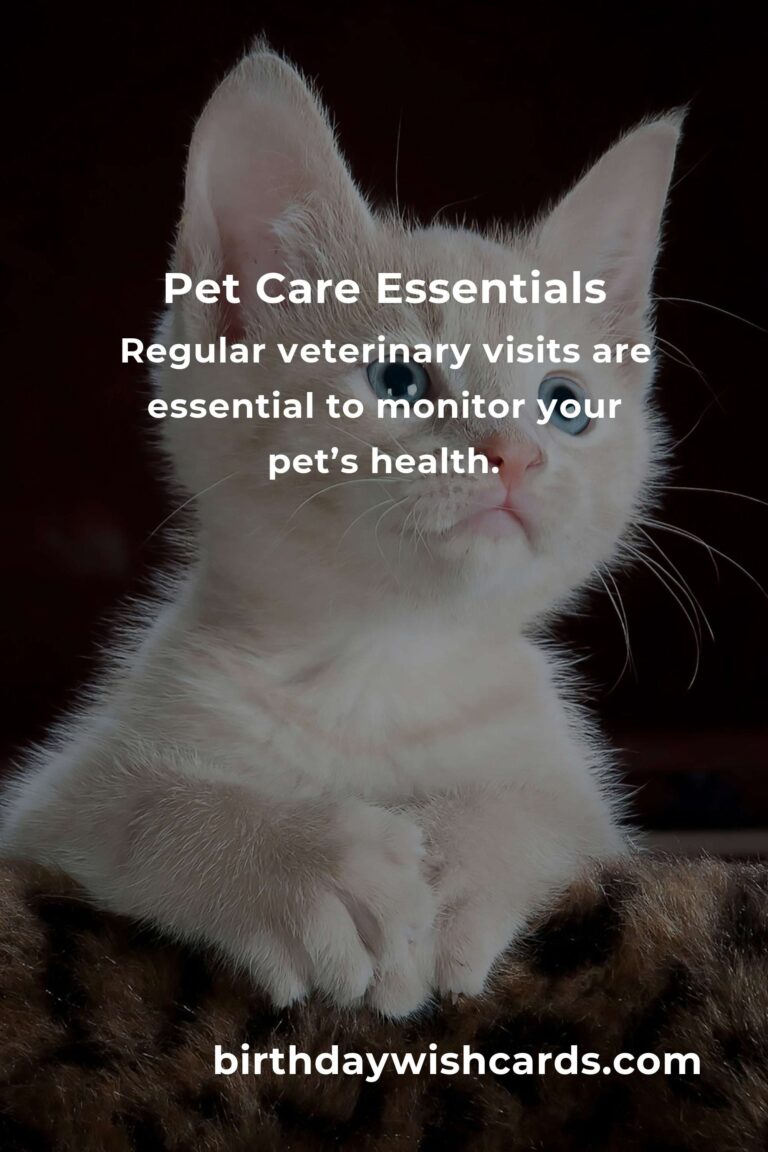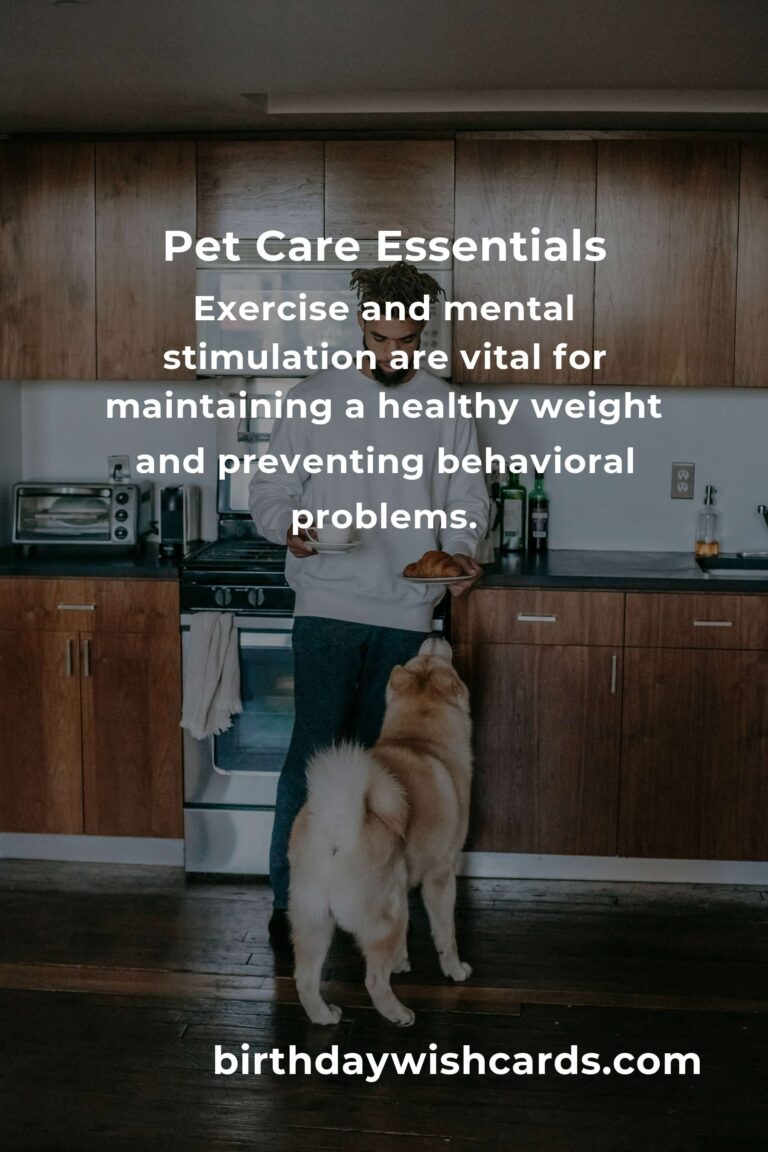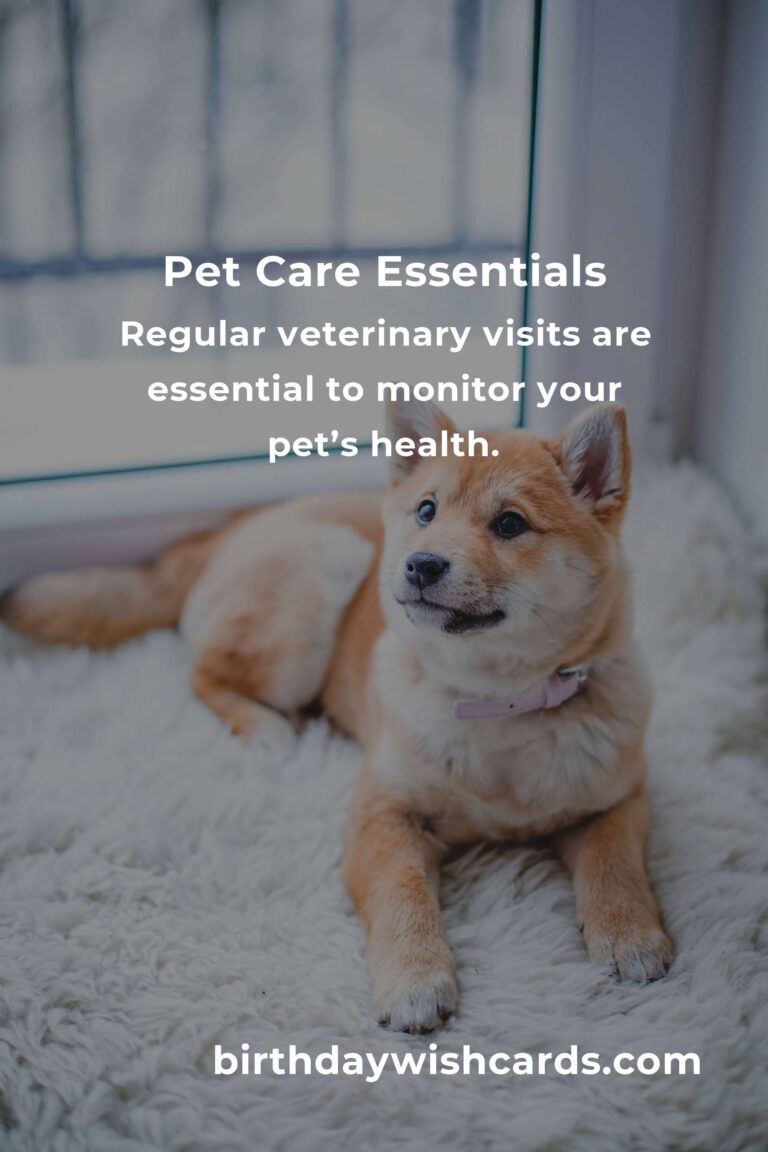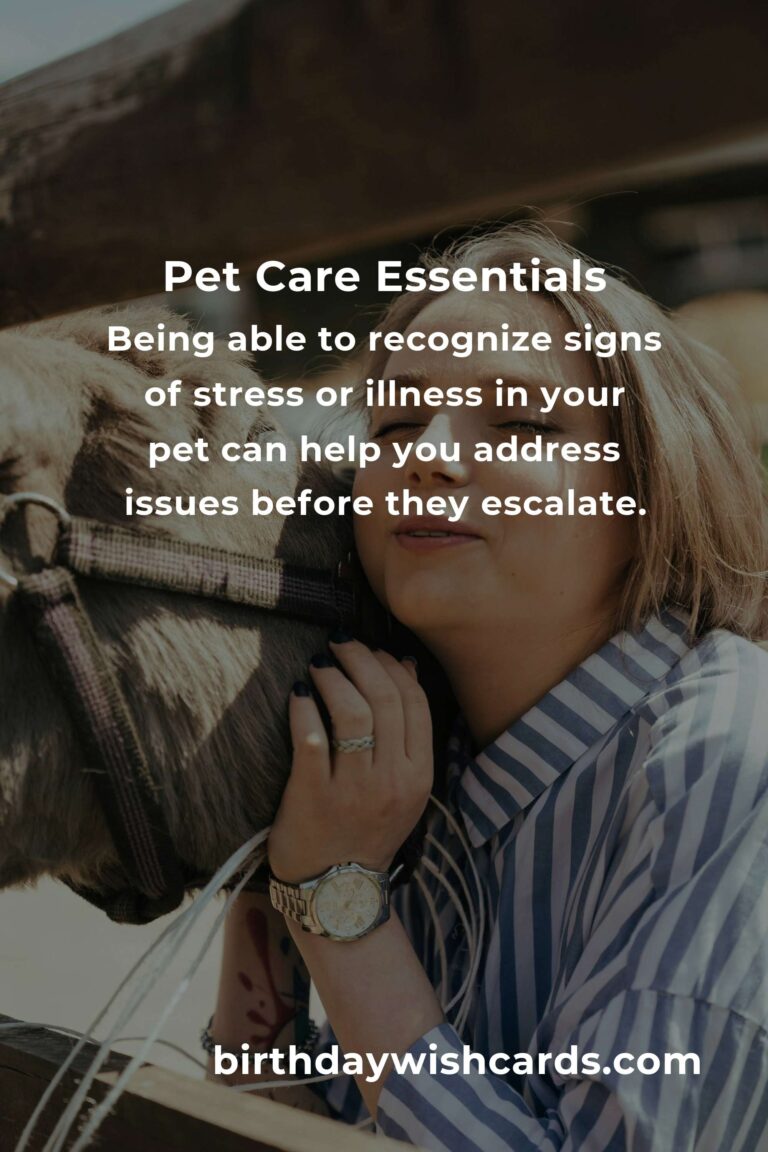
Taking care of a pet involves more than just providing food and shelter. It requires a comprehensive understanding of their needs for a fulfilling and happy life. Whether you’re a first-time pet owner or looking to improve your pet care skills, here are some essential strategies to ensure your pet’s well-being.
Understanding Your Pet’s Needs
Every pet has unique needs depending on its species, breed, age, and health status. Understanding these needs is the first step towards effective pet care. Dogs, for instance, require regular exercise, while cats may need more mental stimulation through play. Birds might need social interaction and environmental enrichment to thrive.
Proper Nutrition
Feeding your pet a balanced diet is crucial for their overall health. Consult with a veterinarian to determine the best diet for your pet based on their age, weight, and health conditions. Avoid feeding your pet human food that can be harmful, such as chocolate, grapes, and onions.
Regular Veterinary Check-Ups
Regular veterinary visits are essential to monitor your pet’s health and catch any potential issues early. Vaccinations, dental care, and preventive treatments for parasites are critical components of routine veterinary care.
Exercise and Mental Stimulation
Exercise is vital for maintaining a healthy weight and preventing behavioral problems in pets. Dogs typically need daily walks and playtime, while cats may benefit from climbing trees and interactive toys. Mental stimulation is equally important; consider puzzle toys or training sessions to keep your pet’s mind active.
Maintaining Hygiene
Regular grooming and hygiene practices help prevent skin infections and other health issues. This includes brushing your pet’s coat, trimming their nails, cleaning their ears, and bathing them as necessary. Each pet has different grooming needs, so it’s essential to tailor your approach accordingly.
Creating a Safe Environment
Ensure your home is a safe environment for your pet. This includes removing toxic plants, securing electrical cords, and ensuring small objects that could be swallowed are out of reach. Providing a comfortable and secure space for resting is also important.
Socialization and Training
Socializing your pet, especially during their early stages, can prevent behavioral issues and help them feel more comfortable in different environments. Training is also crucial; basic commands like ‘sit’, ‘stay’, and ‘come’ can enhance your pet’s safety and improve your relationship.
Recognizing Signs of Stress or Illness
Being able to recognize signs of stress or illness in your pet can help you address issues before they escalate. Common signs include changes in appetite, lethargy, and unusual behavior. Consult your veterinarian if you notice any concerning symptoms.
Building a Strong Bond
Building a strong bond with your pet through positive interactions and consistent care is essential for their emotional well-being. Spend quality time with your pet, show affection, and be attentive to their needs.
Conclusion
Pet care is a rewarding responsibility that involves understanding and meeting your pet’s diverse needs. By focusing on nutrition, health, exercise, and a safe environment, you can ensure your pet leads a healthy and happy life. Remember, a well-cared-for pet is a joyful companion.
Taking care of a pet involves more than just providing food and shelter. Understanding your pet’s unique needs is the first step towards effective pet care. Feeding your pet a balanced diet is crucial for their overall health. Regular veterinary visits are essential to monitor your pet’s health. Exercise and mental stimulation are vital for maintaining a healthy weight and preventing behavioral problems. Regular grooming and hygiene practices help prevent skin infections. Ensure your home is a safe environment for your pet. Socializing your pet can prevent behavioral issues. Being able to recognize signs of stress or illness in your pet can help you address issues before they escalate. Building a strong bond with your pet through positive interactions is essential for their emotional well-being.
#PetCare #AnimalWellness #HealthyPets


